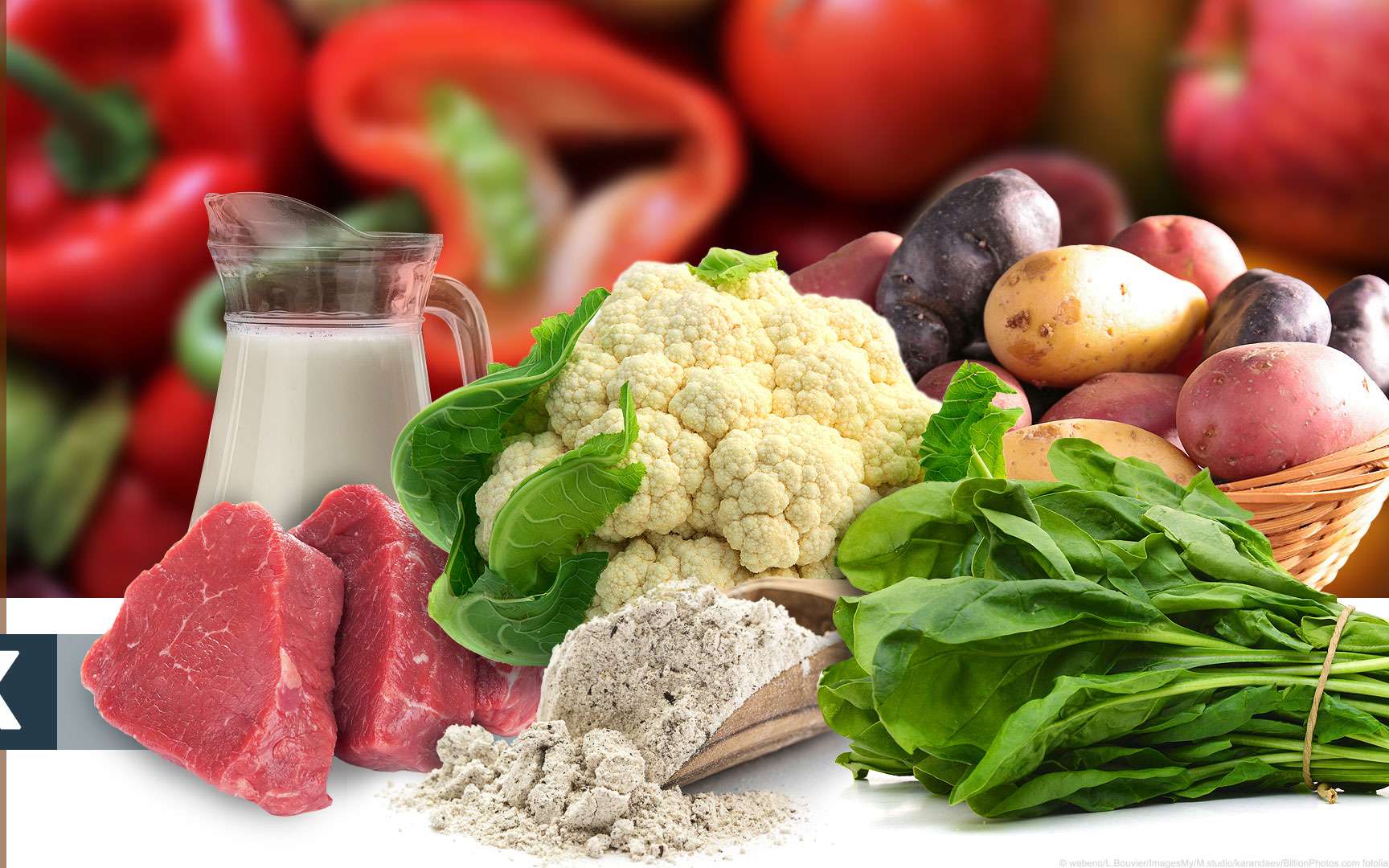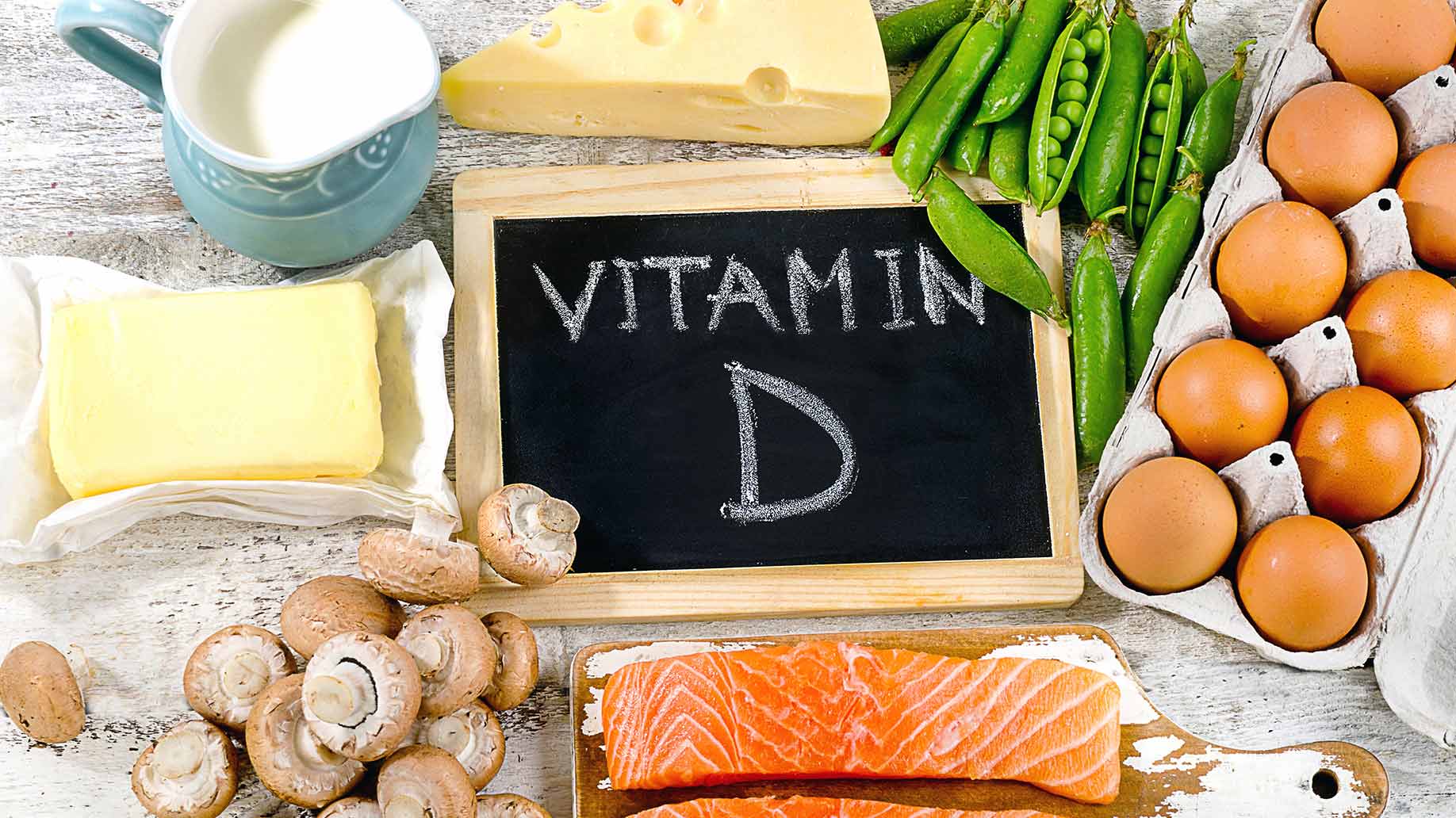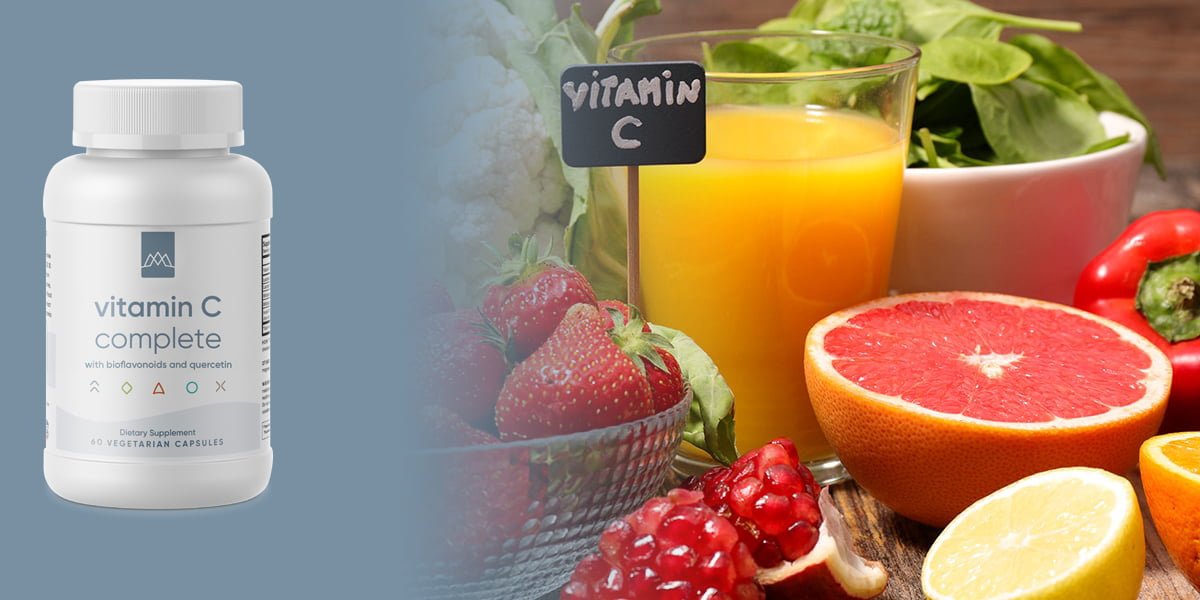Introduction
- Overview of muscle repair process
- Importance of nutrition, especially vitamins, in muscle recovery
Vitamin D and Muscle Repair
- How does Vitamin D contribute to muscle repair?
- Vitamin D receptors in muscles
- Regulation of calcium levels
- Sources of Vitamin D
- Sun exposure and dietary sources
Vitamin C and Muscle Repair
- What role does Vitamin C play in muscle repair?
- Collagen synthesis and tissue healing
- Antioxidant properties
- Best sources of Vitamin C
- Citrus fruits, berries, and vegetables
Vitamin E and Muscle Repair
- How does Vitamin E support muscle recovery?
- Antioxidant effects on muscle cells
- Protection against oxidative stress
- Food sources rich in Vitamin E
- Nuts, seeds, and green leafy vegetables
Vitamin A and Muscle Repair
- What is the impact of Vitamin A on muscle health?
- Role in protein synthesis and cell differentiation
- Immune function support
- Sources of Vitamin A
- Liver, dairy products, and colorful vegetables
B Vitamins and Muscle Repair
- How do B vitamins contribute to muscle function and repair?
- Energy metabolism and ATP production
- Nerve function and muscle coordination
- Best dietary sources of B vitamins
- Whole grains, meat, fish, and leafy greens
Vitamin K and Muscle Repair
- What role does Vitamin K play in muscle repair and maintenance?
- Regulation of calcium in muscles
- Protein synthesis and repair processes
- Sources of Vitamin K
- Leafy green vegetables, broccoli, and fermented foods
Vitamin B6 and Muscle Repair
- How does Vitamin B6 support muscle recovery?
- Amino acid metabolism and protein synthesis
- Neurotransmitter function affecting muscle function
- Food sources rich in Vitamin B6
- Poultry, fish, potatoes, and bananas
Vitamin B12 and Muscle Repair
- What is the significance of Vitamin B12 for muscle health?
- DNA synthesis and cell division in muscle tissue
- Nerve function crucial for muscle coordination
- Sources of Vitamin B12
- Animal products such as meat, fish, dairy, and fortified foods
Vitamin B Complex and Muscle Repair
- How does the combination of B vitamins benefit muscle repair?
- Synergistic effects on energy metabolism
- Support for nerve and muscle function
- Recommended daily intake and supplementation
Multivitamins and Muscle Repair
- Do multivitamins help in muscle repair?
- Comprehensive support for overall health and muscle recovery
- Considerations for choosing the right multivitamin
Conclusion
- Recap of the importance of vitamins in muscle repair
- Recommendations for maintaining optimal vitamin intake for muscle health
FAQs
How can Vitamin D deficiency affect muscle repair?
Vitamin D deficiency can impair muscle function by affecting calcium regulation and muscle protein synthesis. This can lead to slower muscle repair and recovery after exercise or injury.
What are the best foods for Vitamin C to aid in muscle recovery?
Foods rich in Vitamin C include citrus fruits (oranges, lemons), strawberries, kiwi, bell peppers, and broccoli, which can help support collagen synthesis and antioxidant protection during muscle repair.
Can Vitamin E supplements help with muscle soreness?
Vitamin E’s antioxidant properties may reduce oxidative stress and inflammation, potentially easing muscle soreness after intense exercise. However, individual responses may vary.
How does Vitamin A contribute to muscle repair?
Vitamin A supports muscle repair by promoting protein synthesis and maintaining immune function, crucial for the recovery and growth of muscle tissues.
What are the symptoms of Vitamin B12 deficiency related to muscle health?
Vitamin B12 deficiency can lead to muscle weakness, fatigue, and impaired coordination due to its role in nerve function and red blood cell production, which are essential for muscle health.
Is there a recommended time to take vitamins for muscle repair?
While consistent intake of vitamins through a balanced diet is crucial, timing can vary. Some athletes may benefit from post-exercise nutrition including vitamins to support muscle recovery, but individual needs should be considered.
Are there specific vitamins that help prevent muscle cramps?
Vitamins such as B complex (especially B1, B6, and B12), Vitamin D, and magnesium play roles in muscle function and electrolyte balance, which can help prevent muscle cramps when taken as part of a balanced diet.
Can Vitamin K deficiency affect muscle health?
Yes, Vitamin K deficiency may impair muscle repair and maintenance due to its role in calcium regulation and protein synthesis within muscle tissues.
How do antioxidants in vitamins aid in muscle repair?
Antioxidants like Vitamin C, Vitamin E, and beta-carotene help neutralize free radicals produced during exercise-induced oxidative stress, thereby reducing muscle cell damage and supporting faster recovery.
Are there risks associated with excessive vitamin intake for muscle repair?
While vitamins are essential for muscle health, excessive intake, especially through supplements, can lead to toxicity and adverse effects. It’s important to meet recommended daily allowances and consult a healthcare provider if considering high-dose supplements.
- Xela Rederm Skin Booster Treatments Near Weybridge, Surrey - January 12, 2025
- Traptox Aka Trapezius Botox Treatment Near Gatton, Surrey - January 10, 2025
- Skin Injectables Near Shamley Green, Surrey - January 7, 2025



